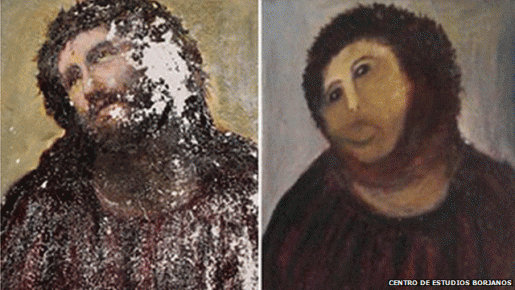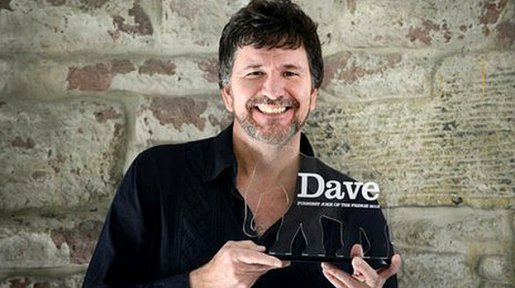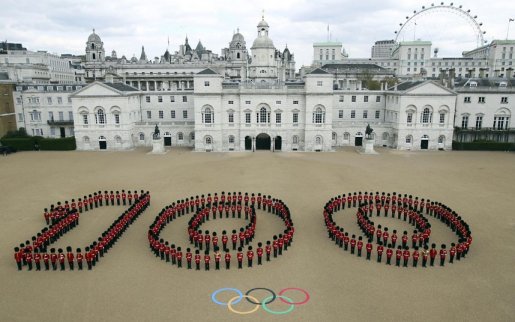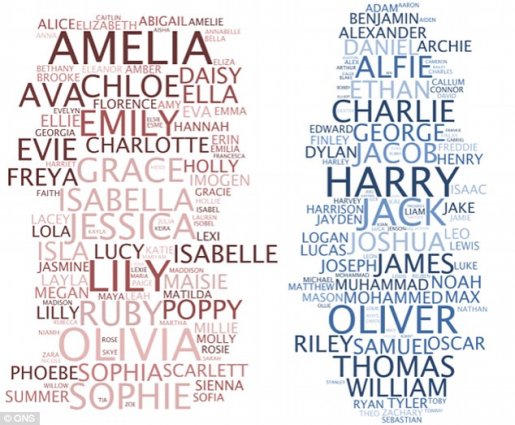The list of most popular names given to babies born in England and Wales in 2011 has been revealed, with some surprising results. Harry was the most popular name given to boys during the year, whilst Amelia was the most popular girls' name.
The annual list, collected by the Office for National Statistics, reveals the names of every one of the 723,913 babies born in England and Wales last year. There has been a fair bit of movement at the top of the list, with Oliver and Olivia both being knocked off top spot, whilst Jacob, Ava and Isabella are all new in the top 10. Further down the list, Tommy, Blake, Frankie, Elijah and Jackson are all new entries into the top 100 for the boys, with Bella, Willow, Elsie, Kayla, Francesca and Lydia new for the girls.
However, if you're concerned that in 30 years time half the adult population will be called Harry or Amelia, don't worry. The ONS revealed that there were more than 28,000 different boys' names and some 35,000 different girls' names registered in 2011, with the top 10 names accounting for just 14% of babies.














